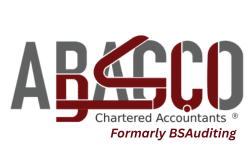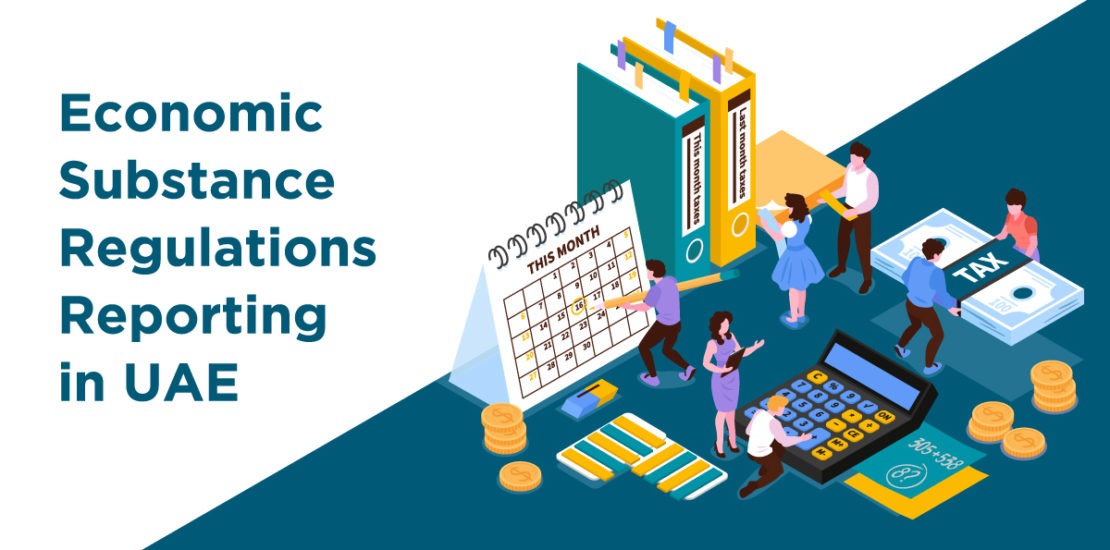Intellectual Property Business – ESR Relevant Activity and Core Income-Generating Activity
Intellectual Property Business
Core Income-Generating Activities of an Intellectual Property Business
Patents and similar assets, that share the same features of a patent including copyrighted software, technical know-how and other similar novel, useful and protected assets: ‘Research and development’.
Marketing intangibles, an intangible that relates to marketing activities, aids in the commercial exploitation of a product or service and has an important promotional value for the product concerned such as trademarks, brands, customer lists and relationships: ‘Branding, marketing and distribution’.

Marketing and branding include advertising, seeking endorsements, artistic design, developing consumer awareness and developing customer loyalty.
Distribution includes distribution of the marketing intangible through various mediums such as on demand services, business to business sectors, integration into IT systems, creating dealership networks and distribution channels and maintaining relationships to aid in the distribution of the marketing intangible.
In exceptional circumstances, a Licensee that owns a marketing intangible, patent or similar asset and is not considered a High Risk IP Licensee, and that does not undertake any of the relevant CIGAs mentioned above, may be able to consider any of the following activities as CIGAs for Economic Substance purposes:
- Taking strategic decisions and managing as well as bearing the principal risks related to development and subsequent exploitation of the Intellectual Property Asset.
- Taking the strategic decisions and managing as well as bearing the principal risks relating to acquisition by third parties and subsequent exploitation and protection of the Intellectual Property Asset.
- Carrying on the ancillary trading activities through which the Intellectual Property Assets are exploited leading to the generation of revenue from third parties.
High Risk IP Licensee
Where a Licensee is carrying on an Intellectual Property Business, it will also have to consider if it is a High Risk IP Licensee.
A High Risk IP Licensee is defined under Article 1 of the ESR Regulations as a Licensee which carries on an Intellectual Property Business, and meets all of the following three requirements:
- The Licensee did not create the Intellectual Property Asset which it holds for the purpose of its business.
- The Licensee acquired the IP Asset from either.
- A Connected Person; or
- In consideration for funding research and development by another person situated in a foreign jurisdiction.
- The Licensee licenses or has sold the IP Asset to one or more group companies, or otherwise earns separately identifiable gross income i.e. royalties, license fees, from a foreign group company in respect of the use or exploitation of the IP asset.
Any High Risk IP Licensee, is by default, deemed to have failed the Economic Substance Test, unless such entity is able to adduce sufficient evidence to refute this determination.
A High Risk IP Licensee must provide sufficient evidence supporting that it has, and has historically had, a high degree of control over the development, enhancement, maintenance, protection and exploitation (the so-called “DEMPE functions”) of the Intellectual Property Asset.
Such entity is further required to have an adequate number of full-time employees, with the necessary qualifications, who permanently reside and perform their activities in the UAE, and would need to provide the following information:
- A business plan showing the reasons for holding the ownership in the Intellectual Property Asset in the UAE
- Employee information, including
- Level of experience;
- Type of contracts
- Qualifications
- Duration of employment of the License
- The above information would have to prove that in the UAE there is more than local staff passively holding intangible assets whose creation and exploitation is a function of decisions made and activities performed outside of the jurisdiction. As such, the business would need to evidence that decision making is taking place in the UAE (note: periodic decisions made by non-resident directors or board of members would not be sufficient).
How BSA can help you
We can assess if the entities and activities are within the scope of the economic substance regulations and/or whether the entity can benefit from any of the exemptions in the Regulations.
We can carry out a gap analysis that represents the current substance and corporate governance processes against what is required under the regulations.
We can support you in the preparation and submission of your annual notifications and economic substance report to the Regulatory Authorities.
- Accounting & Finance (45)
- Anti-money Laundering (AML/CFT) (4)
- Audit & Assurance (10)
- Blogs (8)
- Business & Finance (9)
- Business Consulting & Advisory (5)
- CFO Services (1)
- Corporate Tax (3)
- Dubai Free Zones (4)
- ERP Services (1)
- Latest News (1)
- News & Update (6)
- Odoo (1)
- Other (13)
- Risk & Compliance (2)
- Taxation & VAT (10)
- Uncategorized (5)
Recent Posts
- What are the VAT Registration Requirements in the UAE?
- What’s VAT Registration in UAE? Everything You Need to Know
- Top 7 Reasons to Outsource Your Accounting Services in 2025
- The Ultimate Guide to Business Valuation Calculation in 2025
- What Is Business Valuation and Why Does It Matter for Your Company?


